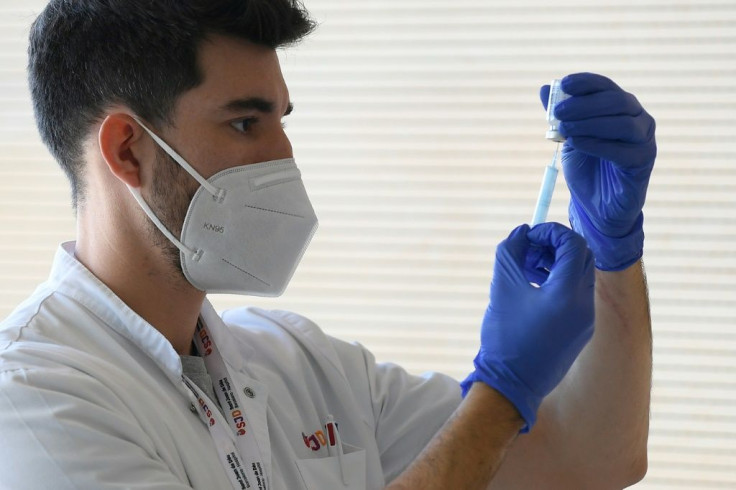Fauci Admits COVID, Influenza Vaccines Have ‘Deficiencies’
Dr. Anthony Fauci has been the face and voice of the medical community amid the COVID-19 pandemic as the former chief medical advisor to the president of the United States. Since the start of the health crisis, he has been vocal about the importance of vaccinations to curb cases and prevent deaths. So his latest statements about the vaccines may come as a shock to many people.
In an article published by the Cell Host & Microbe journal that he co-authored last month, Fauci and his colleagues, David Morens and Jeffery Taubenberger, discussed the possible approaches to developing the next-generation vaccines against coronaviruses, influenza and other respiratory viruses.
In the process, they admitted that the currently available vaccines have “deficiencies” when it comes to controlling SARS-CoV-2, influenza, RSV and other “common cold” viruses. The admission meant that the vaccines are not as capable of yielding long-term immunity for recipients.
“Because these viruses generally do not elicit complete and durable protective immunity by themselves, they have not to date been effectively controlled by licensed or experimental vaccines,” the trio wrote.
Speaking of the influenza vaccines, they pointed out that “the rates of effectiveness of our best-approved influenza vaccines would be inadequate for licensure for most other vaccine-preventable diseases.” They said the effectiveness of the vaccines only range from 14% to 60%, and it tends to be short-lived.
As for the COVID-19 vaccines, Fauci and his colleagues indicated that they have “deficiencies reminiscent of influenza vaccines.” Like the influenza vaccines, the SARS-CoV-2 vaccines elicit “incomplete and short-lived protection against evolving virus variants that escape population immunity.”
Explaining the lapses in the current-generation vaccines, the trio noted that SARS-CoV-2, influenza and other similar respiratory viruses are not systemic, have short incubation periods and largely replicate locally in the mucosal tissue. These factors limit their interaction with the immune system, making it hard for vaccines that work systemically to counter them.
“Durably protective vaccines against non-systemic mucosal respiratory viruses with high mortality rates have thus far eluded vaccine development efforts,” the trio wrote in their conclusion before calling for the development of better vaccines than the “suboptimal” ones available to the public.
Fauci and his colleagues were not the first to voice such sentiments regarding the effectiveness of the vaccines. Other officials, scientists and doctors have also made similar claims in recent months amid the ongoing pandemic, as per the Washington Examiner.
Dr. Paul Offit, a member of the Food and Drug Administration’s (FDA) Vaccines and Related Biological Products Advisory Committee, stated in an opinion piece published in the New England Journal of Medicine that the protection afforded by the bivalent boosters against COVID-19 is short-lived.
In January, the FDA released a report detailing how it would simplify the process by which the COVID-19 vaccines get updated and released annually. The federal agency said that since the health issue continues to pose a threat to the global community, it is imperative to come up with an established framework for periodic updates for future vaccination campaigns.
Because despite being called “suboptimal” by Fauci and his colleagues, the circulating vaccines reportedly “saved innumerable lives and helped to achieve early partial pandemic control,” according to the trio.




























